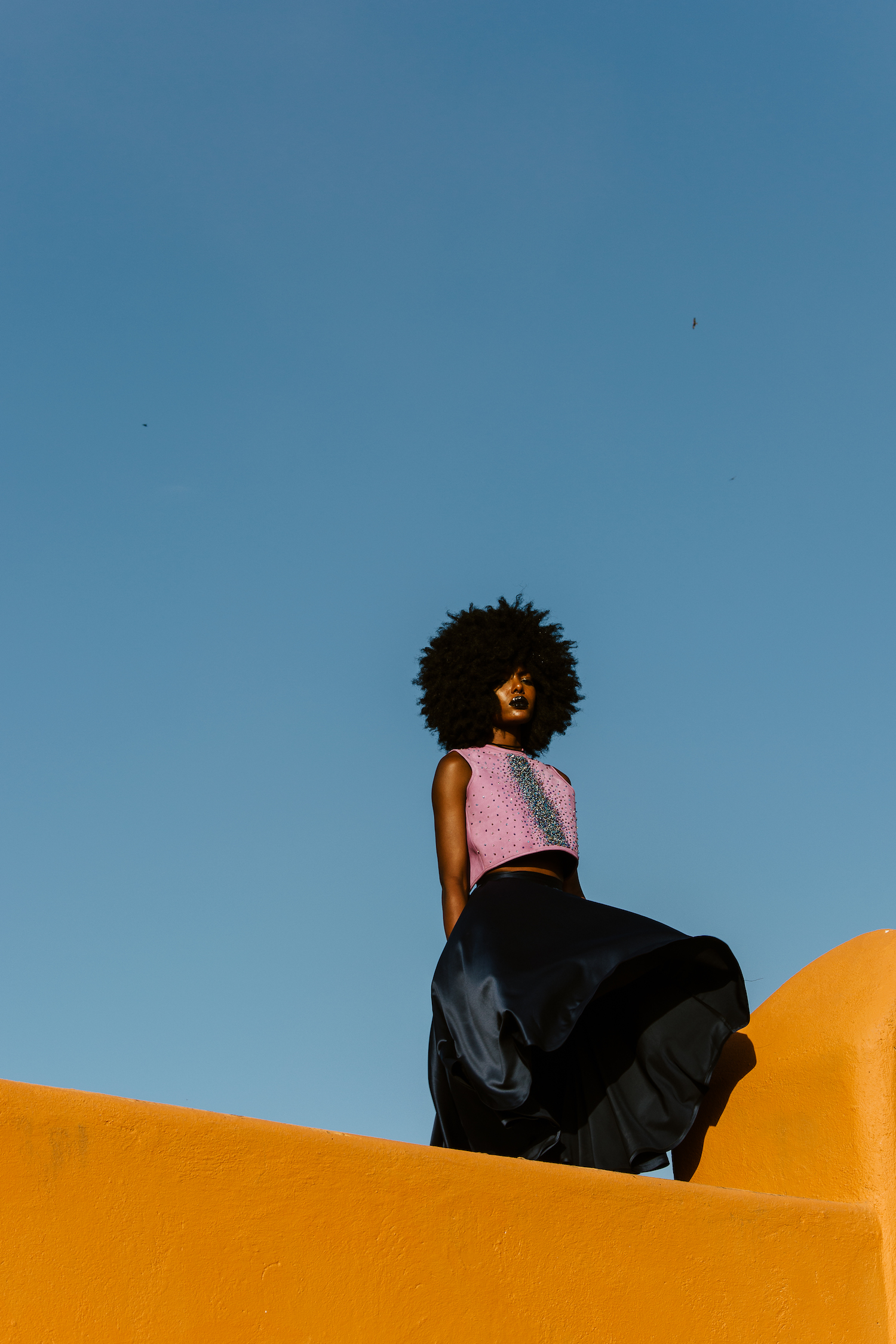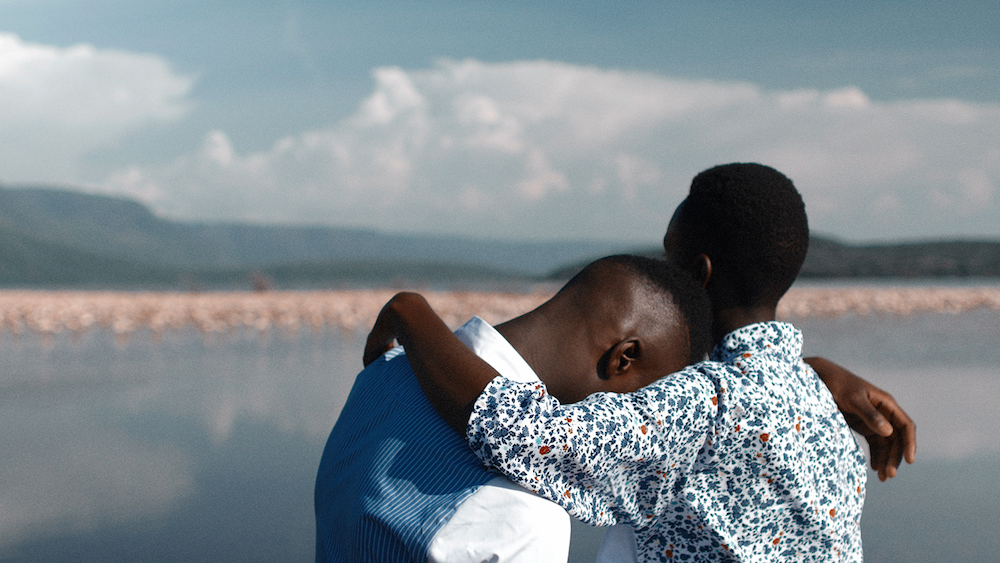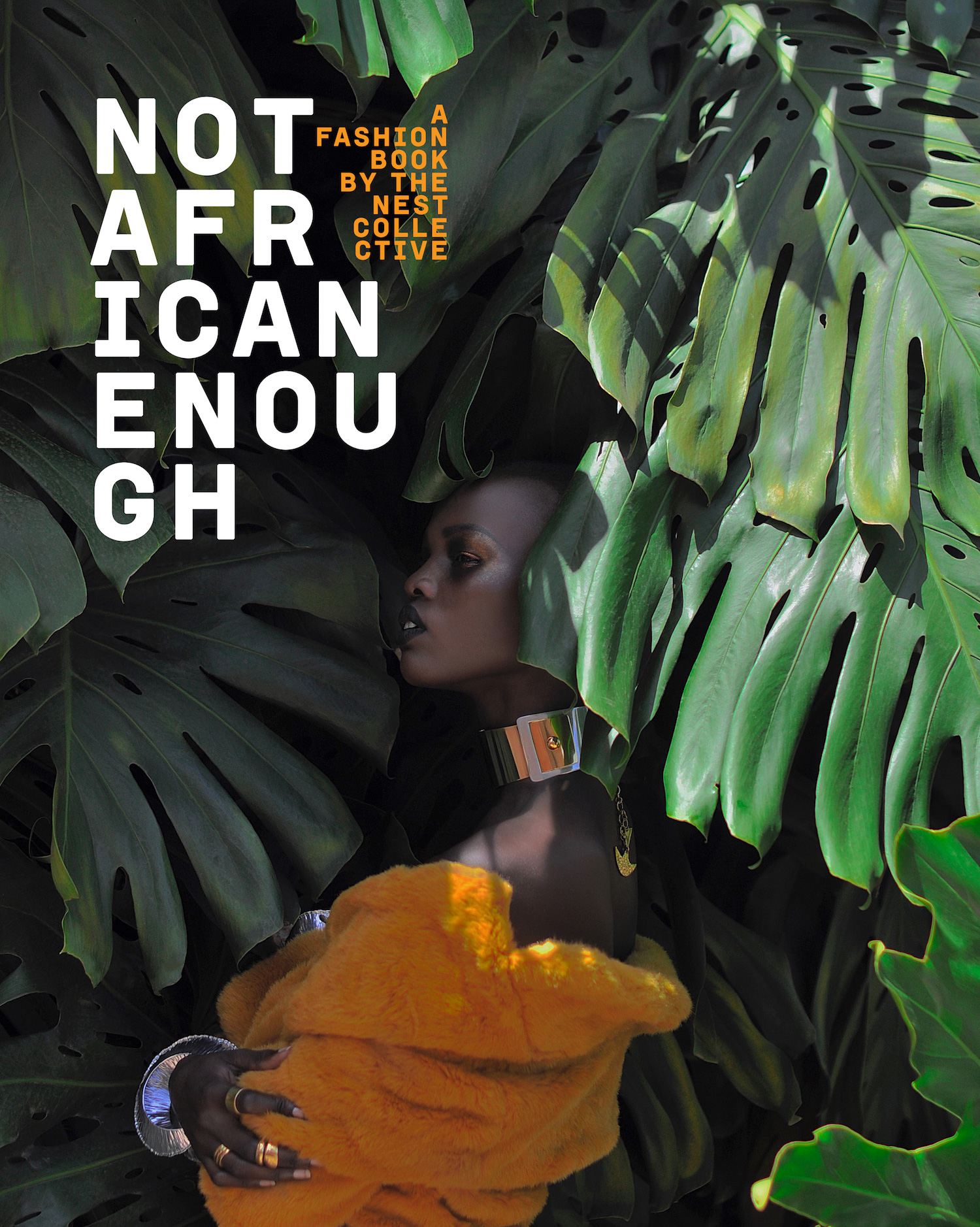‘’As Africans embrace the discomfort of a re-emerging self-esteem, new generations of Africans are taking back the ability to name, prioritise and create African spaces beyond developmental lack and industrial aspirations. These generations must assume the power to describe and analyse their own worlds relative to their diverse points of view.’’ – Nairobi based stylist, creative director, production designer and all-round creative extraordinaire Sunny Dolat. This view is expressed in a discussion on the unapologetic contextualisation and positions black African bodies as beautiful renderings of humanity, in resistance to the pervasive tokenism, exotification and fetishisation of blackness in global fashion conversations.
The Kenyan futurist further notes that “new African world views — around value, culture, significance, and the potential for futures beyond colonial crippling — are essential for Africa to begin to generate and evolve its own autonomous agenda.” – Uhuru.
With a magic touch for designing fashion interventions to provoke dialogue on the improvement of the infrastructure and operations of the regional fashion industry, as well as shifting the narrative and expectation of Kenyan fashion and Africa at large, the creative philanthropist is a founding member of the Nest Collective – a multi-disciplinary arts collective rooted in Nairobi, Kenya.
Founded in 2012, the Nest Collective has created works in film, music, fashion, visual arts and literature such as the award-winning queer anthology film Stories of Our Lives, and have also gone on to publish their critically-acclaimed fashion book entitled Not African Enough’, – “a derogatory term routinely lobbed at African designers who step outside the narrow confines of what the world-and Africans-are told it means to dress, talk, think and be like an African. This book asserts our right to be more than enough” Dolat explains. Skilfully presented as a collection of words and images from a selection of emerging Kenyan designers who are contributing to the shifting aesthetic of the country, the publication asserts the rights of African designers and artists to step out of the narrow confines of what the world considers to be African. Dolat further elaborates that they “wanted to challenge the existing narrative of African fashion, which is often examined and analysed using a very singular lens”.
Continuing on their quest for Liberation amongst creative Africans, the Nest Collective also founded HEVA, Africa’s first creative business fund to strengthen the livelihoods of East Africa’s creative entrepreneurs.






















































